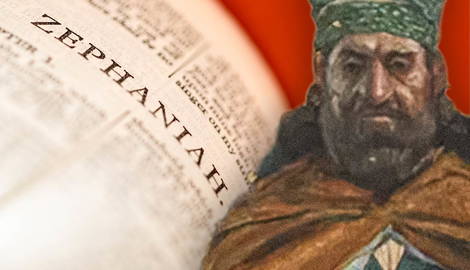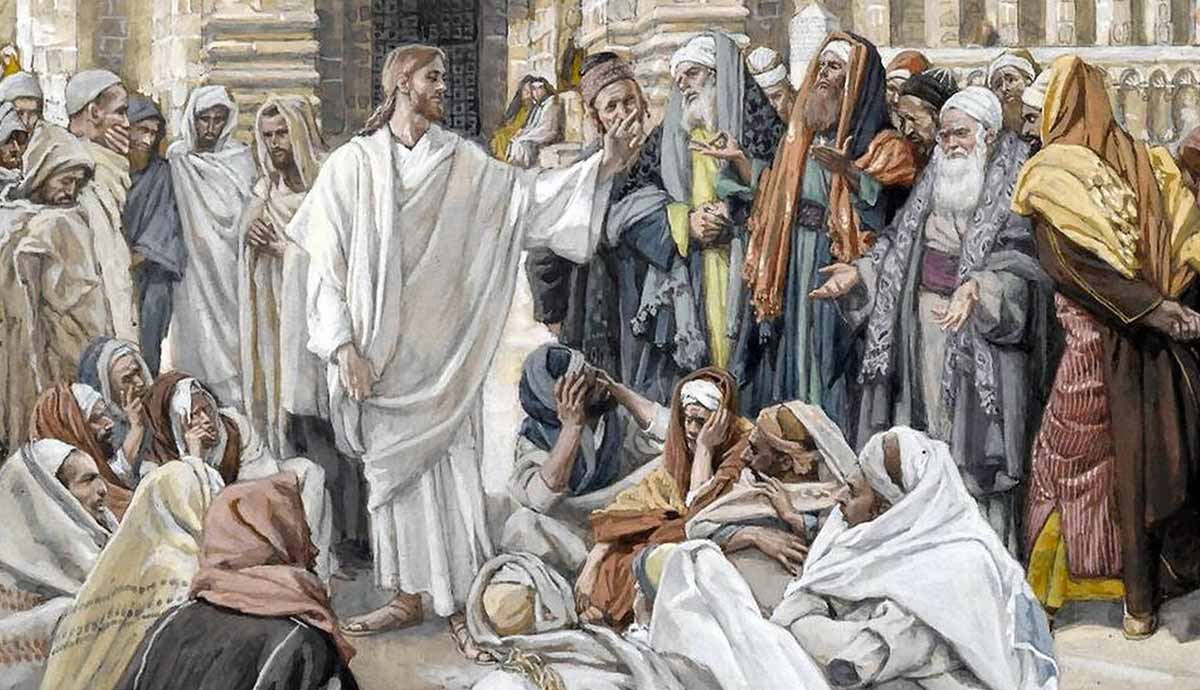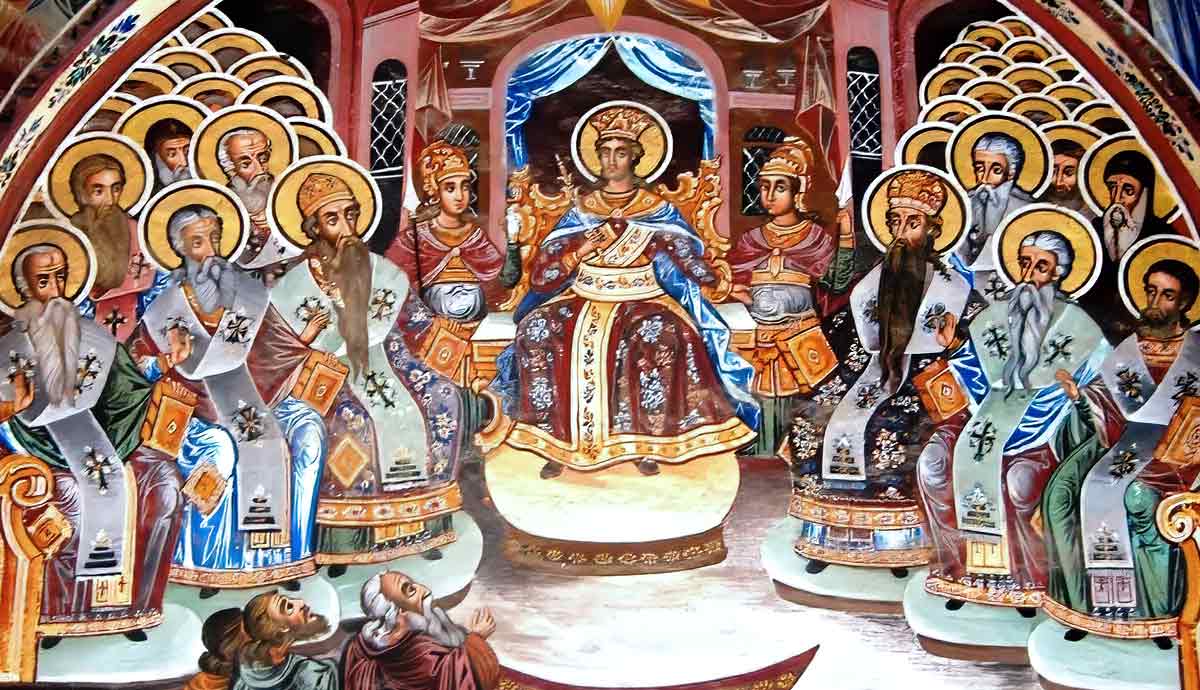
Zephaniah was the bearer of vivid images of the destruction of Judah and its neighbors. The destruction of all of humanity on Earth is prefigured in his prophecies. Zephaniah, who seems to have had a privileged upbringing, was aware of the repercussions the sins of Israel had for the Northern Kingdom. He saw the same sins committed in Judah, and God tasked him to address them, warning of their imminent destruction alongside other nations. Though King Josiah worked toward reforms in Judah, the nation seems to have continued in their evil ways after his death.
Book of Zephaniah: Authorship and Date

The Book of Zephaniah differs from other books of the Minor Prophets by providing a five-generation lineage for Zephaniah that traces back to Hezekiah. The text does not explicitly state that it was King Hezekiah who reigned in Judah from 715 to 686 BCE. The timeframe seems short for so many generations considering that Zephaniah ministered during the reign of King Josiah (640-609 BCE), and likely the earlier part of Josiah’s kingship since Zephaniah does not mention the reforms implemented by the monarch. Zephaniah was most likely a contemporary of Jeremiah, Nahum, and perhaps even of Habakkuk.
On the other hand, the lineage would not have been mentioned if it was not significant. If it does refer to King Hezekiah, then Zephaniah comes from a royal heritage. The prophet shows familiarity with political matters and court circles, which may support the latter interpretation of his lineage.
Generally, prophets tended to come from humble origins. Zephaniah, however, had lineage and education, meaning he must have had significant social standing. As such, he would have had access to the works of prior prophets who prophesied to Israel and Judah.
Tradition holds that Zephaniah was the author of the book, and scholars tend to agree that he wrote the core of the book. They do allow for later additions and editing, some claiming the passages dealing with hope for the future may have been added during the post-exilic period.
Historical Context
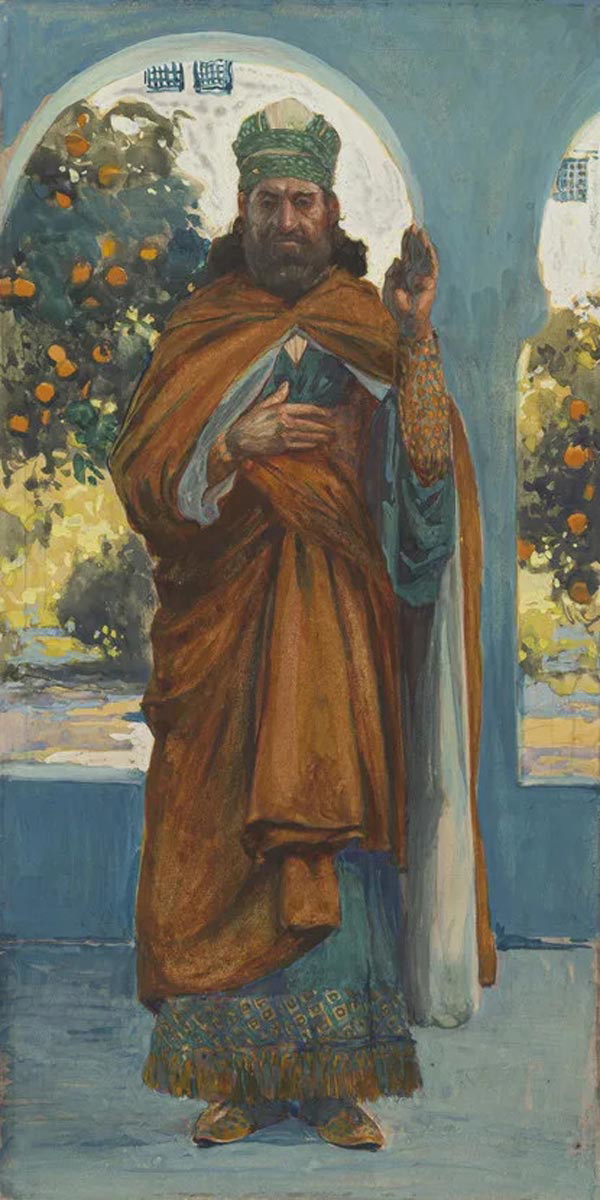
Several of the Minor Prophets warned Israel and Judah of the consequences of idolatry and sin in their midst. The Kingdom of Judah was painfully aware of the reasons the Northern Kingdom of Israel went into exile in Assyria and they experienced Assyrian oppression themselves. They had to pay tribute to Assyria and the possibility of being exiled themselves was real.
Although Assyria was in decline when Zephaniah prophesied, they still posed a significant threat to Judah. Babylon was a rising power and would soon rebel against Assyria before becoming the dominant power in the Middle East.
King Josiah, arguably one of the most faithful kings of Judah, worked toward reform in his kingdom, though decades of idolatry were deeply ingrained in Judaean society.
Structure
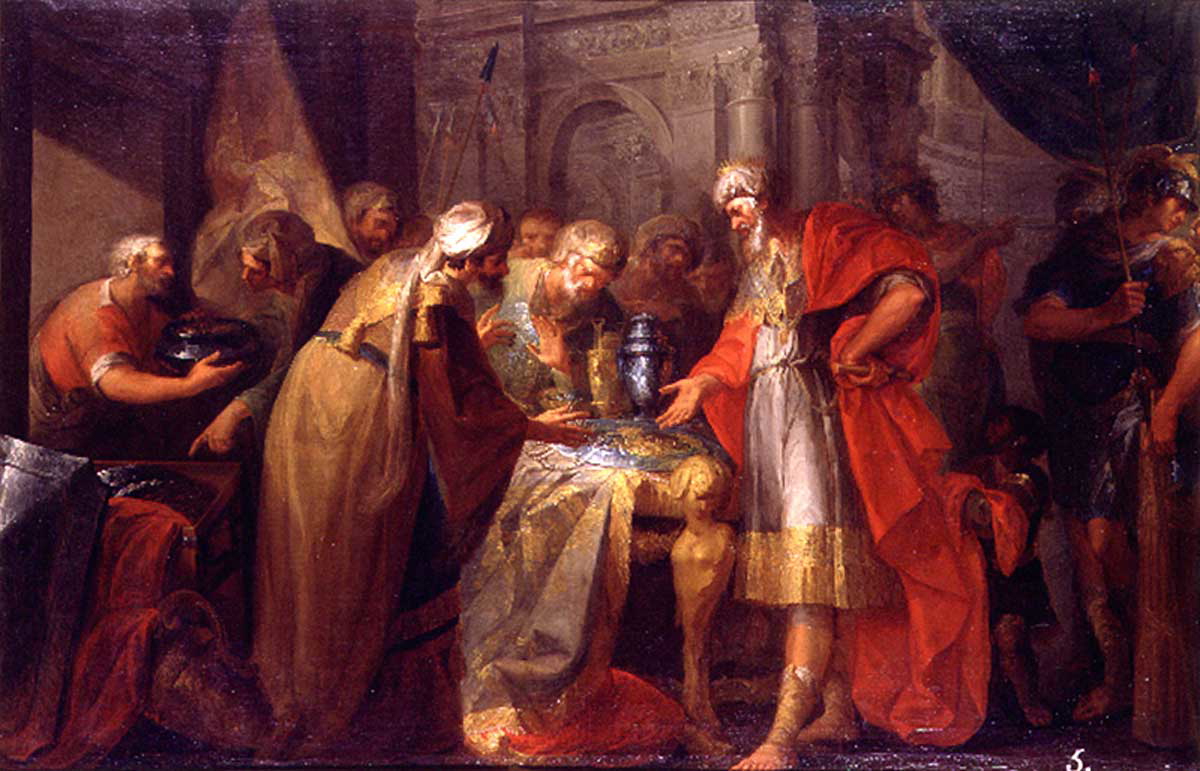
Zephaniah follows a simple three-part structure after the opening verse.
Introduction (Zephaniah 1:1-3)
The opening verses introduce Zephaniah, provide a short lineage, and date his ministry to the reign of King Josiah. It then declares total judgment which the rest of the book details.
Judgment of Judah (Zephaniah 1:4-18)
Zephaniah proclaims the judgment of God on Judah for their idolatry, resulting in wailing throughout Jerusalem because the wrath of God on the day of the Lord would be inescapable.
Judgment on the nations (Zephaniah 2:1-3:8)
Zephaniah calls for repentance before providing a list of nations that will be judged by God. The list includes Philistia, Moab, Ammon, Cush, Assyria, and Jerusalem (Judah). Sadly, the prophets foretell how Judah would refuse to repent.
A remnant redeemed (Zephaniah 3:9-20)
The prophet brings a message of hope when he indicates that the nations will be purified, a remnant will be restored, Jerusalem will be purged of evil and there will be rejoicing in the city.
Main Themes
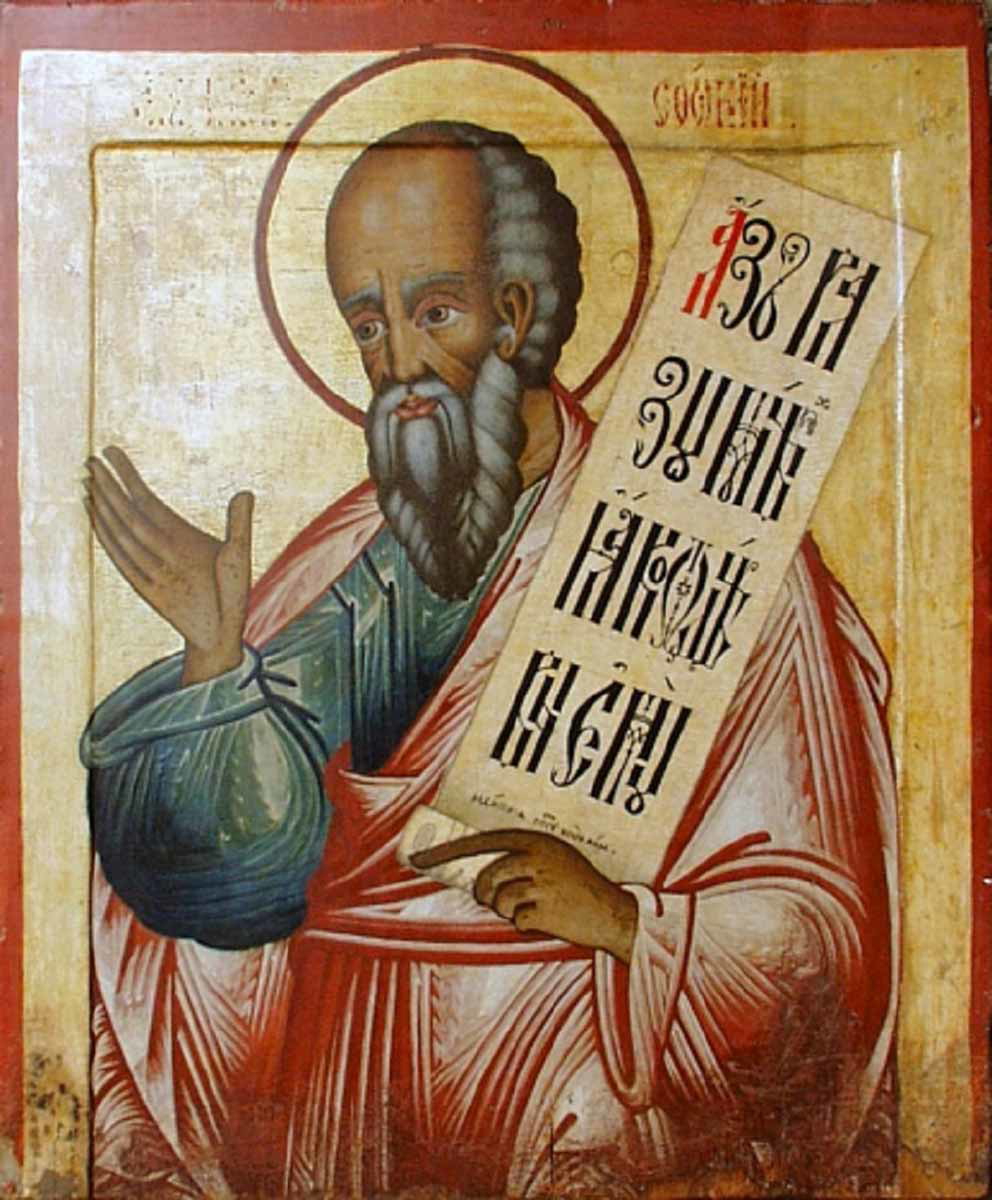
Judgment
Zephaniah frames judgment as the coming day of the Lord. The judgment applies to Judah and the surrounding nations alike and the idea of universal judgment lingers. The social injustice, exploitation, and corruption perpetrated were not unique to Judah. It seems to have been a universal problem.
Sovereignty of God
The sovereignty of God shows in his authority and ability to judge all nations. It bolsters the principle that God is ultimately in control of the final destiny of all people.
Hope of restoration
Like many of the other Old Testament prophets, Zephaniah’s message included repentance, forgiveness, and restoration. It provided hope to those who understood that their actions had consequences, but mercy would follow.
A remnant
Zephaniah spoke of a remnant that would return. They would be the faithful ones who truly repented from their wickedness and desired to live in a restored covenant relationship with God.
Key Passages
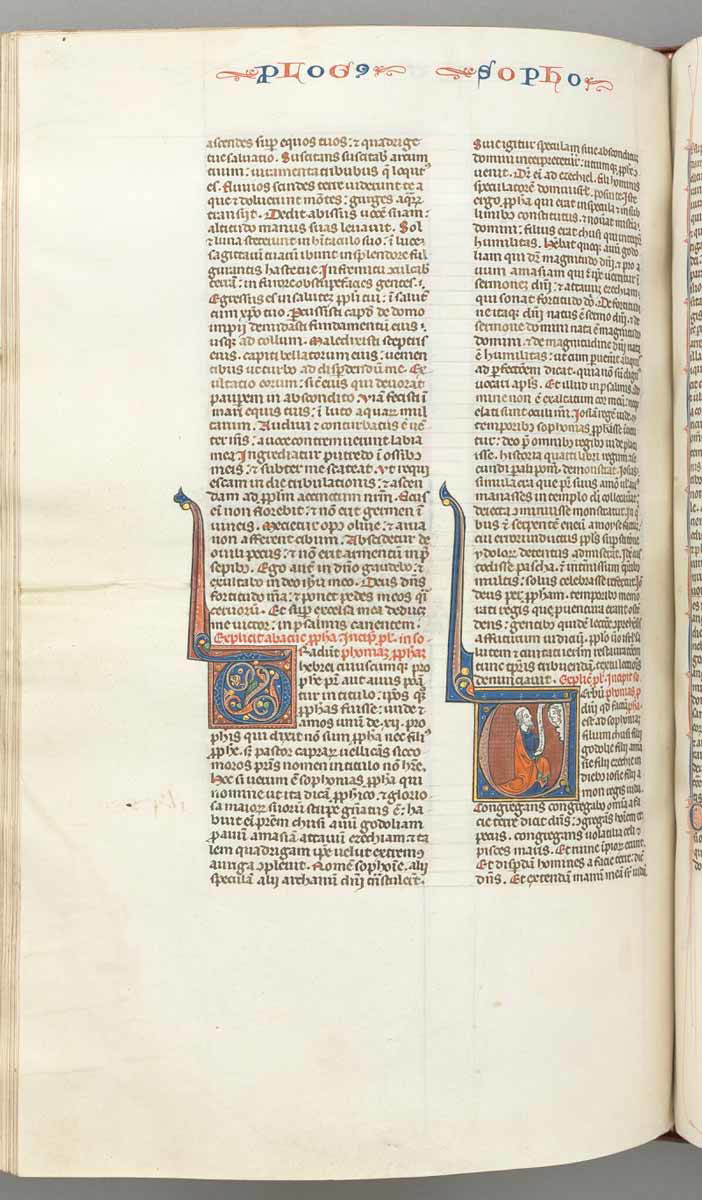
Zephaniah 1:17-18
“I will bring distress on mankind, so that they shall walk like the blind, because they have sinned against the LORD; their blood shall be poured out like dust, and their flesh like dung. Neither their silver nor their gold shall be able to deliver them on the day of the wrath of the LORD. In the fire of his jealousy, all the earth shall be consumed; for a full and sudden end he will make of all the inhabitants of the earth.”
Zephaniah’s vivid description of the utter destruction of all mankind on Earth aligns with New Testament texts that present a similar perspective such as 2 Peter 3:10 and 12. It shows that Zephaniah’s prophecies were not pertinent to the Babylonian destruction of Jerusalem only, but also prefigure the destruction in the Last Days.
Zephaniah 2:3
“Seek the LORD, all you humble of the land, who do his just commands; seek righteousness; seek humility; perhaps you may be hidden on the day of the anger of the LORD.”
The prophet called on his audience for humility and to seek the Lord. It shows that God wanted a restored relationship between him and his people and his willingness to forgive and show mercy.
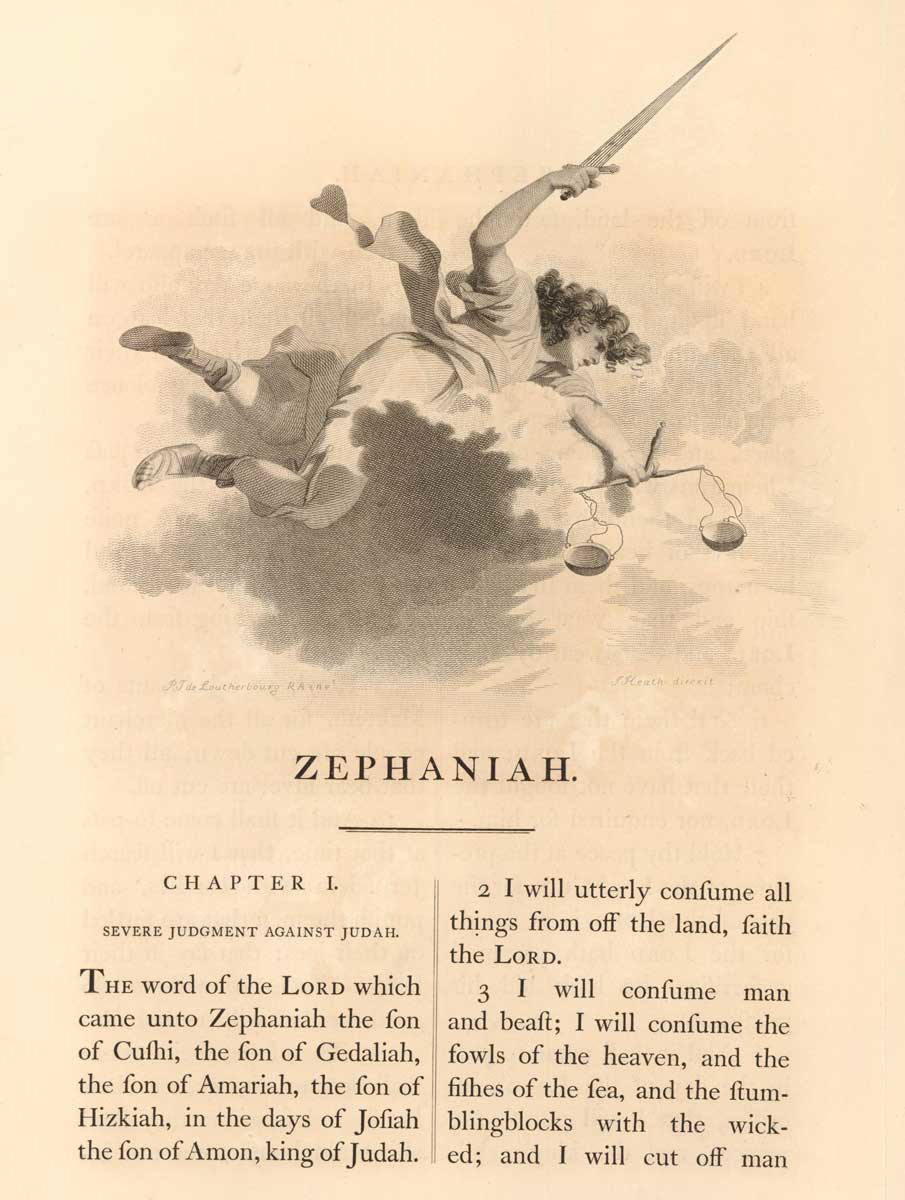
Zephaniah 2:10
“This shall be their lot in return for their pride, because they taunted and boasted against the people of the LORD of hosts.”
Though God judged Judah for their sins, he also judged the nations that surrounded them for the way they treated his people. Their pride reflected the original sin of Satan.
Zephaniah 3:9-13
“For at that time I will change the speech of the peoples to a pure speech, that all of them may call upon the name of the LORD and serve him with one accord. From beyond the rivers of Cush my worshipers, the daughter of my dispersed ones, shall bring my offering. “On that day you shall not be put to shame because of the deeds by which you have rebelled against me; for then I will remove from your midst your proudly exultant ones, and you shall no longer be haughty in my holy mountain. But I will leave in your midst a people humble and lowly. They shall seek refuge in the name of the LORD, those who are left in Israel; they shall do no injustice and speak no lies, nor shall there be found in their mouth a deceitful tongue. For they shall graze and lie down, and none shall make them afraid.”
In light of the vivid images of judgment Zephaniah relayed earlier, the words of restoration and a return to God provide hope to those who would repent. The assurance of a return to peace and tranquillity after the tumultuous period of destruction and exile brought encouragement. A remnant that would repent and return to God would benefit greatly from his mercy and grace.
Book of Zephaniah: Contemporary Relevance

It would only take the change of some names and Zephaniah’s message could be read from a pulpit today. It applies as much as it did in the 7th century BCE. In terms of social justice, exploitation, corruption, and injustice, the world is much the same.
God’s universal authority tells the contemporary reader that nations, and in the modern context, corporations and international organizations that perform functions that governments performed in ancient times, commit the same wrongs that Zephaniah spoke of, and will be judged by God also.
The ancient world was much less individualistic than contemporary society. Where nations were called out for their pride, the reader today can apply the warnings about that sin on an individual level. In a saturated social media society, egotism and self-promotion run rampant and often without regard for the negative impact on others. The need for humility and repentance is required as it was in the past.
The day of the Lord that Zephaniah spoke of has many aspects that have not been fulfilled yet. That means they are future events from our perspective too, and should be heeded. The hope the prophet presents is, therefore, also applicable to the contemporary reader. The opportunity to be part of the remnant that will be restored remains.
